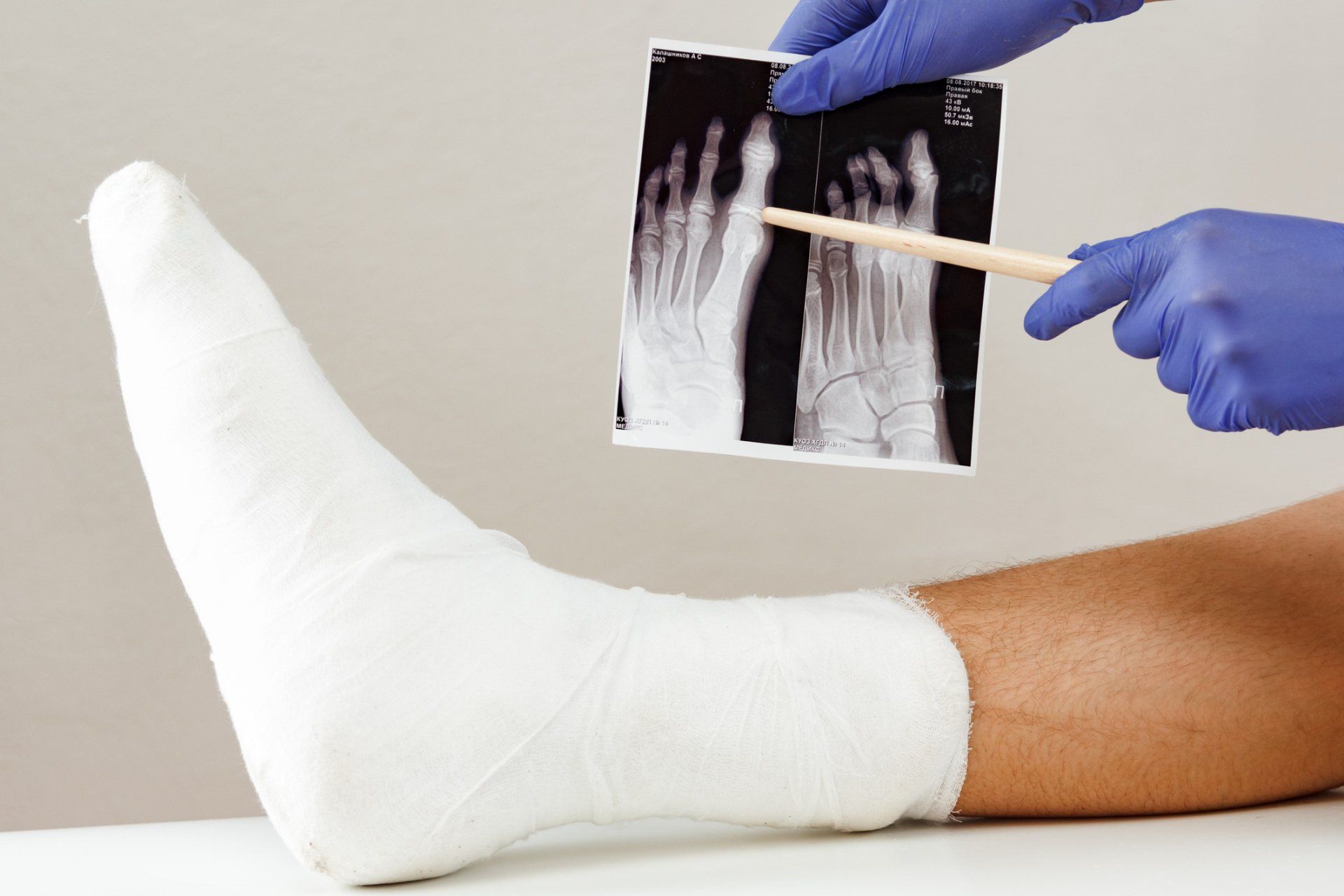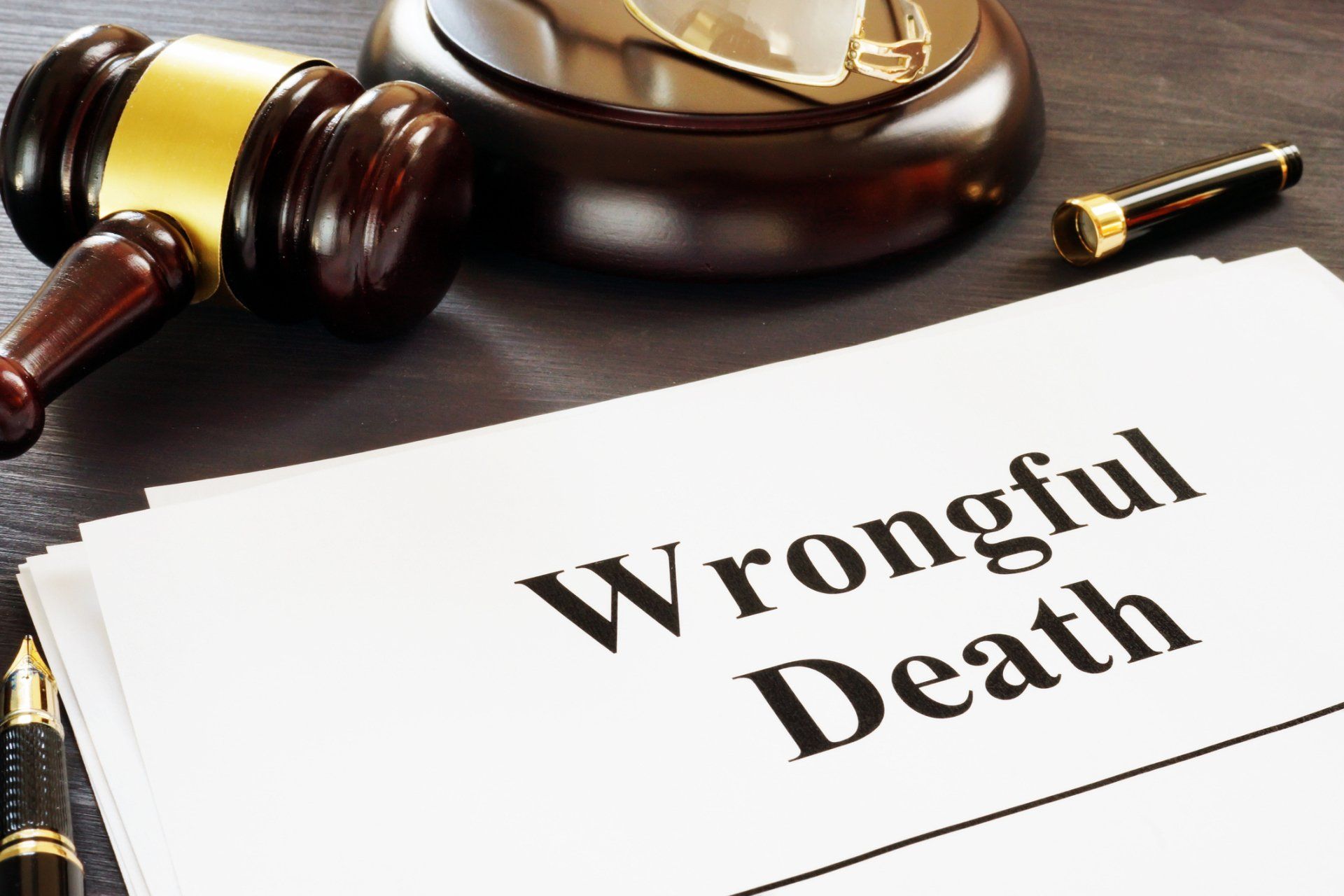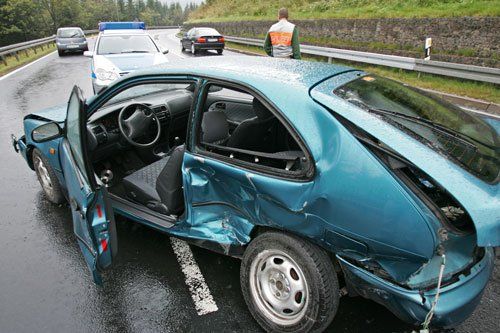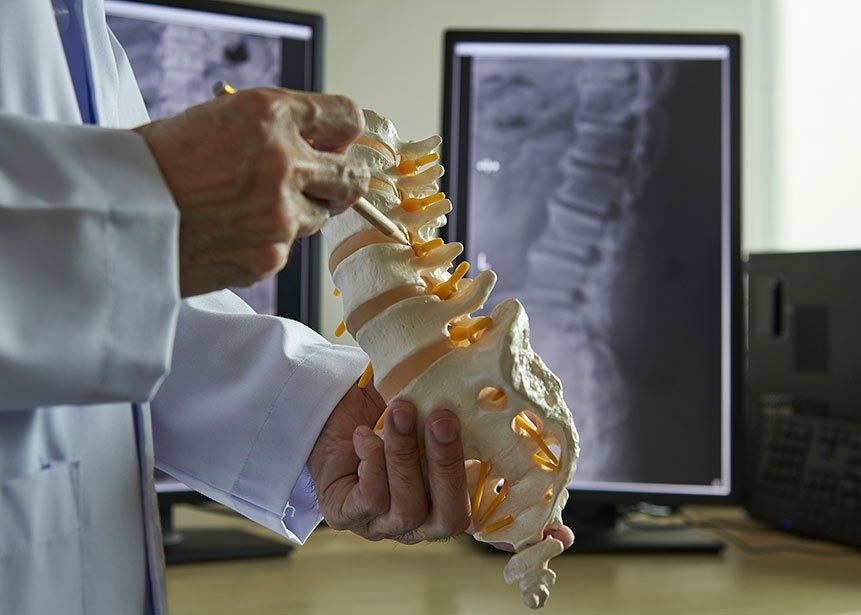Overview of the Eggshell Skull Rule for Auto Accident Victims
- By Admin
- •
- 04 Apr, 2019
- •

If you are an accident victim with pre-existing injuries, you are likely to hear your lawyer talk about the eggshell skull rule. Below is an overview of this rule and what it means for your case.
Learn the Rule
The eggshell skull rule is a legal doctrine that states that anyone whose negligence has caused harm to another person cannot use the frailty of the injured person to escape liability. If someone causes an accident in which you are injured, they must pay for your damages whether your injuries were serious only because you were already frail, sick or weak at the time of the accident.
Understand the Name
You will understand the eggshell skull rule better if you understand the origin of the naming. The doctrine compares an accident that affects two victims. One of the victims has a skull that is as fragile as the shell of an egg while the other victim has a normal skull.
In this analogy, the victim with the fragile skull will suffer more severe injuries than the victim with a normal skull. The eggshell skull victim may die even in a relatively simple accident (an egg will crash even in a low-speed fender bender).
However, the liable party must compensate both victims for their losses since the victims wouldn't have suffered their respective injuries without the actions of the liable party. Thus, the frailty of the liable party does not reduce their damages.
Consider Some Examples
The eggshell skull rule can apply in several ways in an auto accident context. Below are a few examples of such cases.
Pre-Existing Injury
If you have prior injuries from an accident and gets involved in an auto accident, the auto accident is likely to intensify your initial injuries. For example, if you have a simple fracture on the leg and get involved in an auto accident, the simple fracture might become a compound fracture.
In this case, the liable party must compensate you for the damages that stem from a compound fracture. The defendant cannot argue that you would have walked away with only a simple fracture if you didn't have pre-existing injuries. Thus, your medical bills, missed wages, and pain and suffering damages must all be proportional to those of a compound fracture.
Pre-Existing Health Condition
Your frailty doesn't have to be as a result of an accident. Anything that makes you more likely to be injured than an average person qualifies. Thus, if you have a pre-existing disease that increases your risk of injury in an auto accident, the defendant should still compensate you for the ensuing injuries.
The medical condition of osteoporosis is a classic example of such a pre-existing medical condition. Osteoporosis reduces bone mass and weakens the bone, which increases your risk of a bone fracture. Thus, if you have osteoporosis and you are involved in an accident, you are more likely to sustain bone fractures those who don't have the medical issue.
Despite your osteoporosis, however, the liable party should still compensate you for your fractures. The defendant cannot argue that you wouldn't have sustained the fractures if you didn't have osteoporosis.
Understand the Complication
Courts and lawyers face difficulties when they try to apply the eggshell skull rule to mental injuries. With a physical injury, doctors can easily differentiate between pre-accident injuries and post-accident injuries. With mental injuries, however, people struggle to quantify the levels of injuries at different times. Thus, you may hit a snag with a mental injury, such as depression.
Personal injury defendants usually try to minimize compensation for plaintiffs with pre-existing injuries. Contact Richard D. Hoffman Law Offices if you have an injury case that involves pre-existing conditions. We will do our best to ensure you get what you deserve.



Have you been diagnosed with mesothelioma? Read on to learn more about the condition and your legal options.






